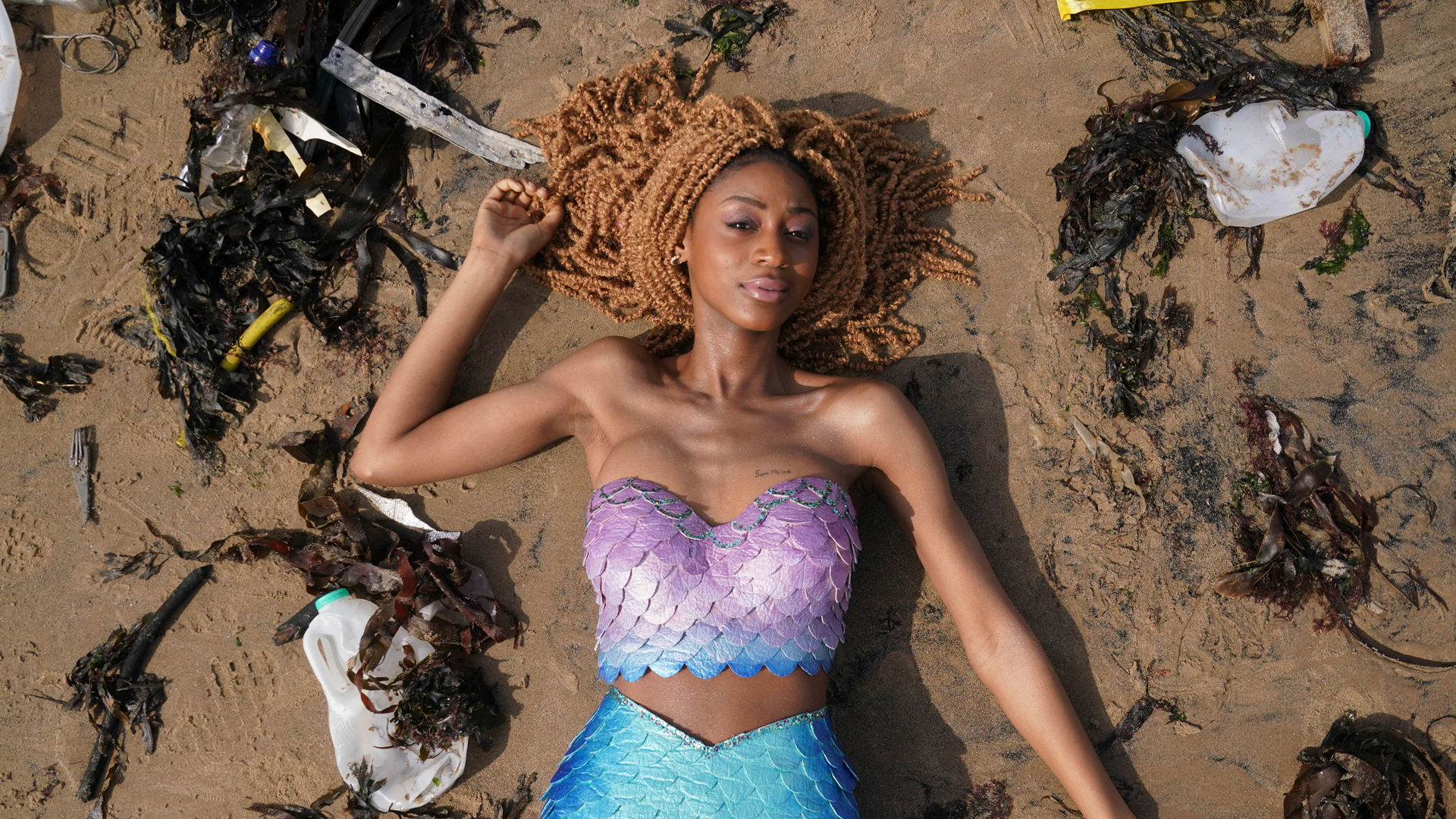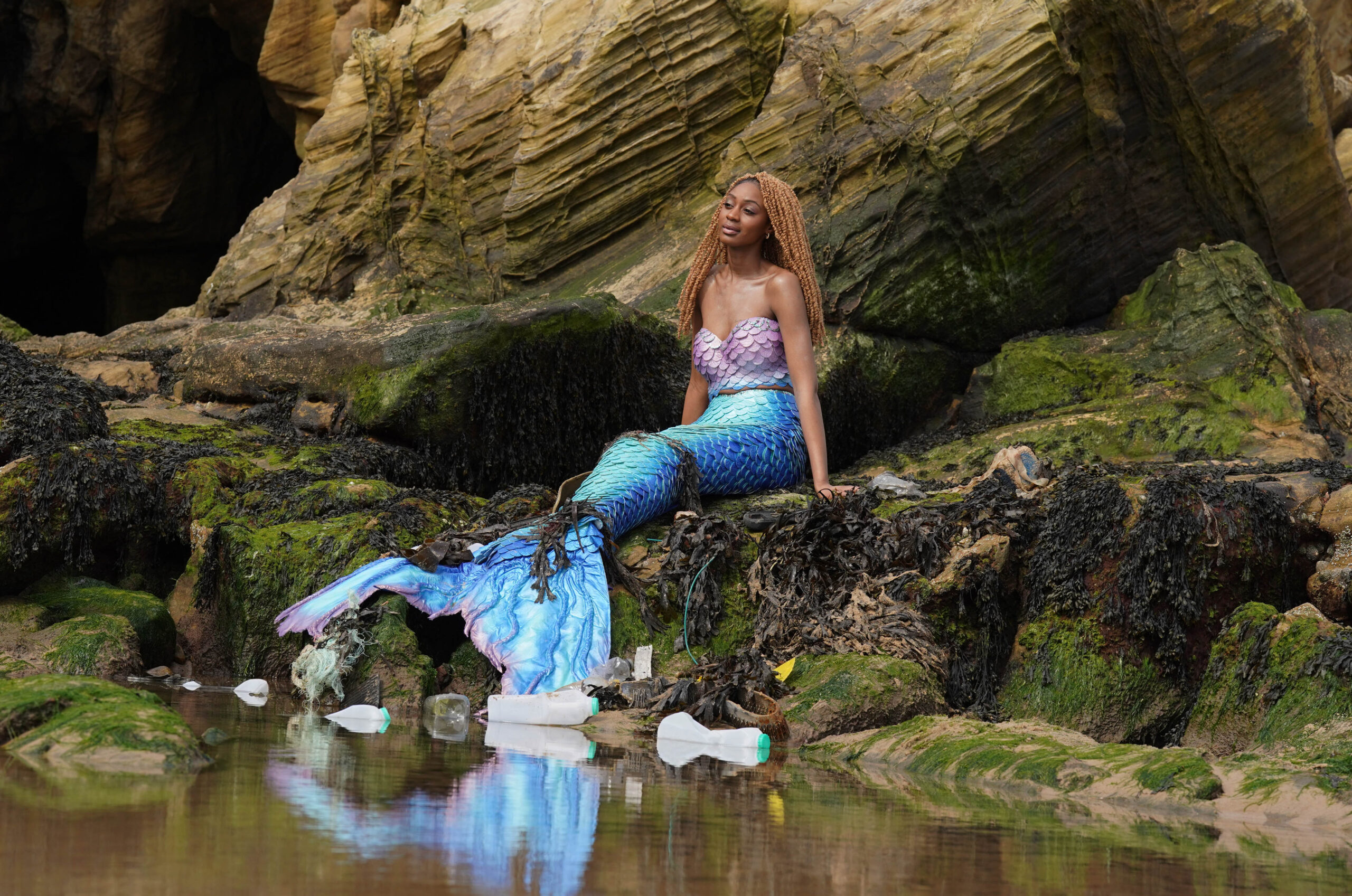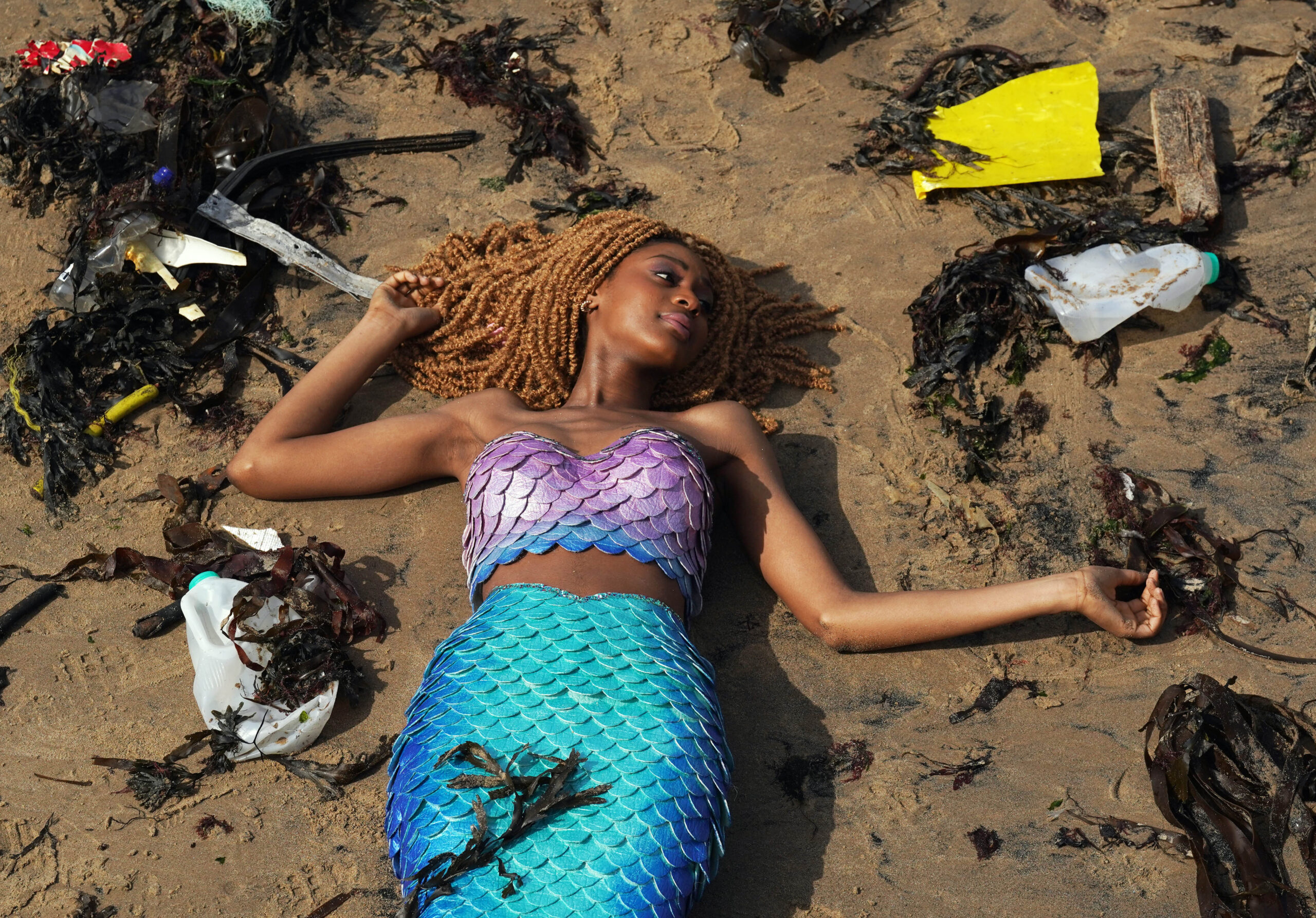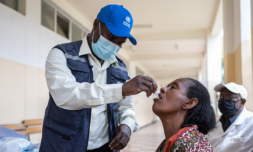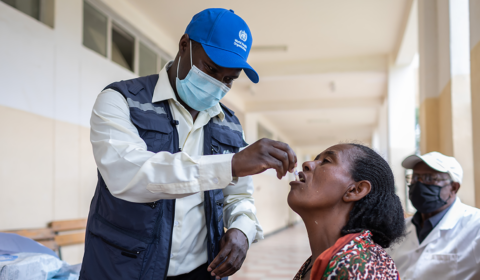UK beaches are riddled with plastic pollution. Toilet paper company Oceans has discovered the top worst affected beaches and are campaigning to spread awareness.
There are 5000 pieces of plastic & 150 plastic bottles for each mile on UK beaches, while 88% of the sea’s surface is polluted by plastic waste. Humans have produced over 320 million tonnes of plastic, creating 500 dead zones, which will double every decade.
With many British coastlines being affected by contamination and pollution, sustainable toilet paper company Oceans has collated data to highlight the top 10 worst polluted beaches in the UK:
Blackpool Central
Blackpool North
Bognor Regis (Aldwick)
Bridlington South Beach
Dunster Beach
Heacham
Scarborough South Bay
St Mary’s Bay (Kent)
Tynemouth Cullercoats
Weston-Super-Mare Sand Bay
Ahead of the live-action remake of The Little Mermaid, Oceans wanted to demonstrate the potentially devastating impact marine pollution has on these beaches.
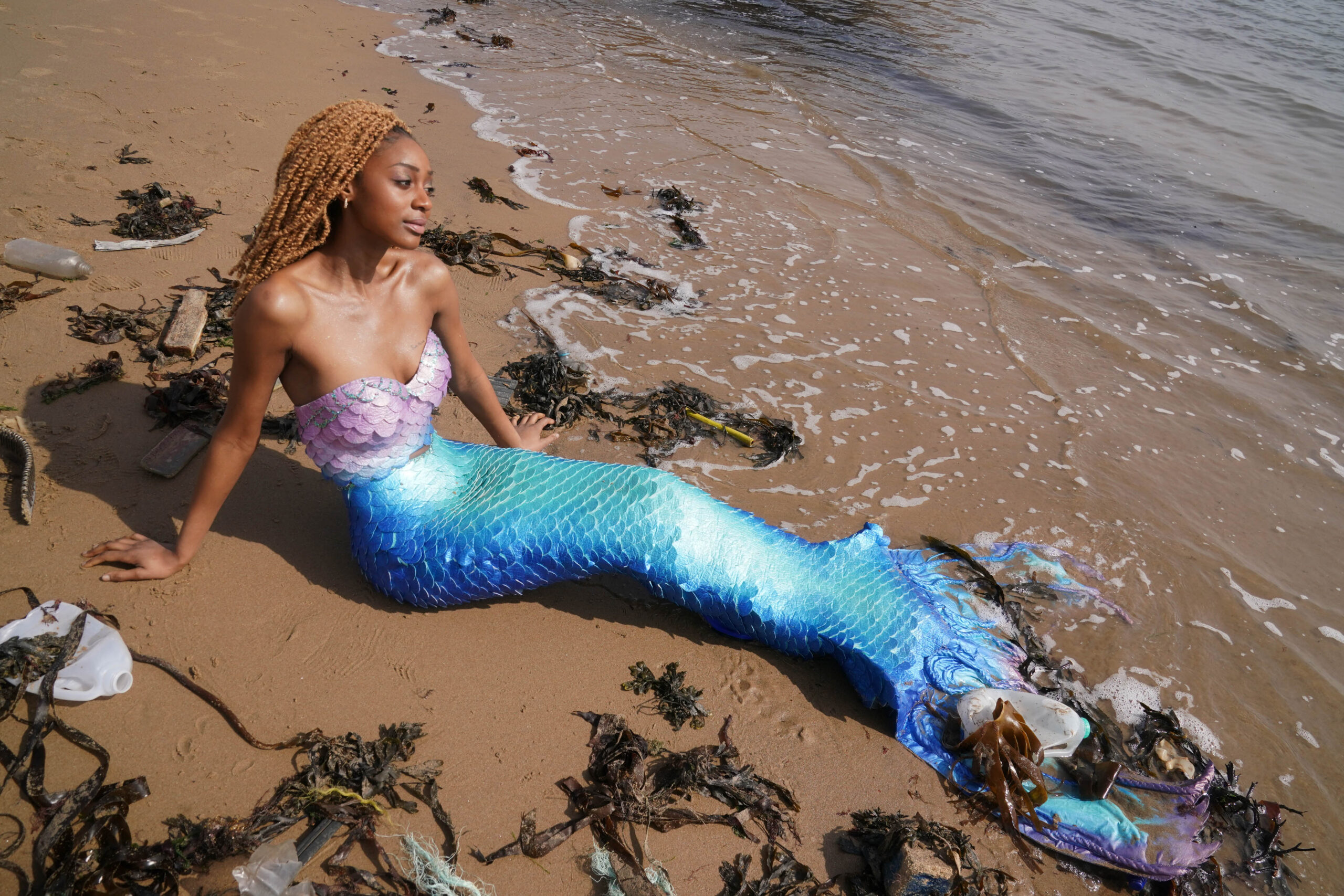

Called the ‘Polluted Mermaid,’ the campaign features a mythical sea creature washed ashore along with plastic bottles, waste, and harmful chemicals, highlighting the harsh realities human activity has on our oceans and the planet.









